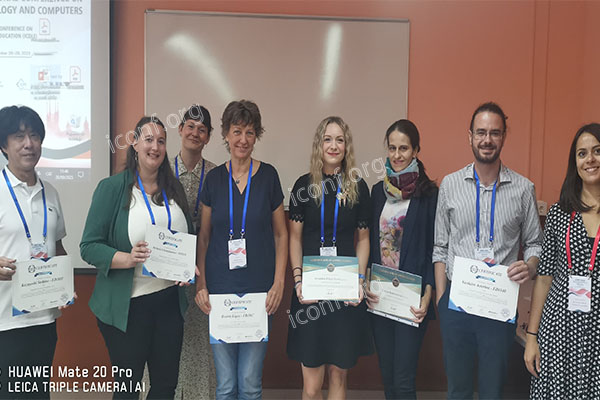Academic conferences are important platforms for knowledge sharing, network expansion, and exploration of cooperation opportunities in the academic field. A standard academic conference usually covers the following main steps or links:
1. Register to attend
- Participants usually need to complete registration before the conference. The registration process may include submitting participant information and paying the registration fee. Some conferences may offer early bird registration discounts.
2. Opening Ceremony
- The conference usually starts with an opening ceremony, where the organizer or chair will introduce the conference agenda, purpose, and keynote guests.
3. Keynote Speeches
- Well-known scholars or experts in the field will give keynote speeches to share their research results, industry trends, or innovative ideas. This is an important part of the conference and is intended to inspire thinking and discussion.
4. Parallel Sessions
- Conferences usually have multiple parallel sessions, each focusing on a specific topic or research direction. Participants can listen to different reports and speeches according to their interests.
5. Poster Sessions
- Some conferences will have poster sessions where researchers can present their research results. This is an informal way of communication, where participants can have direct dialogue and communication with poster authors.
6. Panel Discussions
-A roundtable discussion is a session to discuss a specific topic, where several experts will express their views on a certain topic and then interact with conference participants. This is very helpful for in-depth understanding of complex issues in a certain field.
7. Workshops and educational courses
-Some workshops or educational courses may be arranged during the conference, providing opportunities for in-depth learning through practical learning or group discussions.
8. Networking
-Academic conferences provide a good opportunity to communicate with peers. Participants can build connections and exchange cooperation during coffee breaks, dinners or specific social events.
9. Closing Ceremony
-The end of the conference is usually a closing ceremony, where the organizers will summarize the meeting, thank the participants and speakers, and sometimes announce the time and place of the next meeting.
10. Post-conference communication and follow-up
-After the meeting, participants often keep in touch through email or social media to communicate further cooperation or share research progress.
The process of an academic conference may vary depending on the size, topic, and organization of the conference, but the above steps provide a basic framework. Participating in academic conferences is an important part of an academic career, providing opportunities to learn new knowledge, disseminate research results, and establish academic connections.
